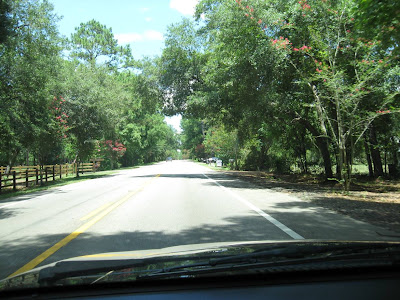Massachusetts Governor Rated Most Powerful
 Apparently Thad Beyle, UNC scholar on the governor's chair, releases an annual list rating the governors nationwide in terms of constitutional authority, united government, and personal gravitas. What interests me most is the first variable, which doesn't change much because state constitutions don't change much. The Maryland and Massachusetts constitutions lock their chief executives into a power advantage over the legislature. The Massachusetts governorship's only term limits are elections. The Maryland governor may be limited to two terms, but he or she can fire and hire a wide swath of at-will state employees. Both governors brandish broad budgetary powers. Finally, both Democratic executives currently serving--Gov. Deval Patrick in MA and Gov. Martin O'Malley in MD--command big, veto-proof majorities in their state legislatures.
Apparently Thad Beyle, UNC scholar on the governor's chair, releases an annual list rating the governors nationwide in terms of constitutional authority, united government, and personal gravitas. What interests me most is the first variable, which doesn't change much because state constitutions don't change much. The Maryland and Massachusetts constitutions lock their chief executives into a power advantage over the legislature. The Massachusetts governorship's only term limits are elections. The Maryland governor may be limited to two terms, but he or she can fire and hire a wide swath of at-will state employees. Both governors brandish broad budgetary powers. Finally, both Democratic executives currently serving--Gov. Deval Patrick in MA and Gov. Martin O'Malley in MD--command big, veto-proof majorities in their state legislatures.
Florida ranks somewhere in the middle of the states. It's moved up since Florida voters amended their constitution in 1998 to slice the size of the Cabinet in half from six posts to three. As of 2002, the governor of the Sunshine State can appoint the Education Commissioner and Secretary of State. The voters finally reformed the weak-governor provisions enacted after Reconstruction to take revenge on Radical Republicans. Political scientists can debate whether Governor Chiles could have accomplished more had these changes taken effect before his tenure.
Current Florida Governor Charlie Crist (R), according to Professor Beyle, has a lot to be thankful for in the constitution--plus a Republican majority.







